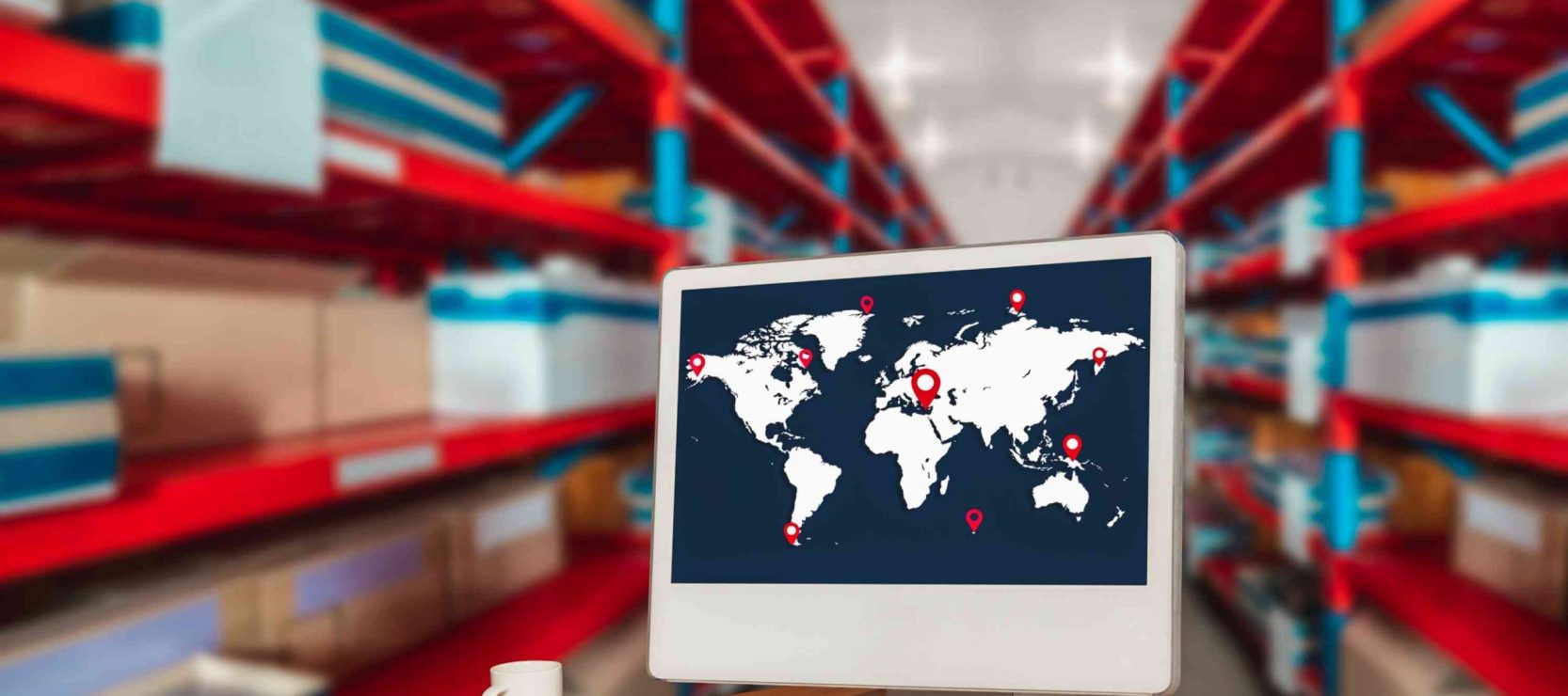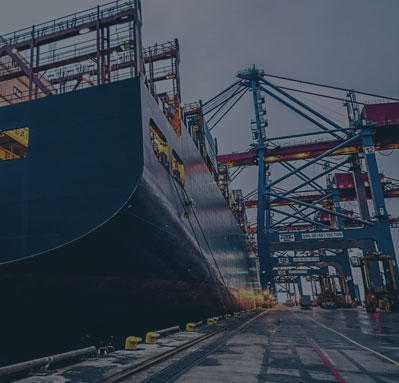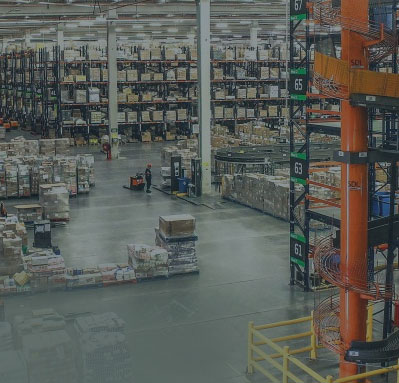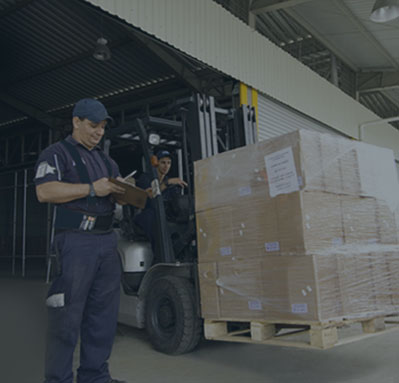In an increasingly interconnected world, businesses are expanding their operations across borders more than ever. However, this expansion brings its own set of challenges, especially when it comes to handling international trade regulations. One effective solution for many companies has been to outsource Exporter of Record (EOR) and Importer of Record (IOR) services. In today’s guide we will explore the advantages and disadvantages of outsourcing EOR and IOR services to help you make the best decision for your business.
What are EOR and IOR Services?
Before we discuss the advantages and potential disadvantages of EOR and IOR services, let’s clarify what these services entail. The Exporter of Record is responsible for meeting all the legal requirements for exporting goods from a country. This involves ensuring compliance with export regulations, securing necessary export licenses, and maintaining accurate documentation. On the other hand, the Importer of Record assumes responsibility for importing goods into a destination country. This includes complying with import regulations, paying duties and taxes, and handling customs clearance.
The Pros of Outsourcing EOR and IOR Services
Outsourcing EOR and IOR services can offer significant benefits:
Expertise and Compliance
One of the primary advantages of outsourcing is gaining access to expertise in complex and ever-changing international trade laws. Service providers specialize in navigating these regulations, significantly reducing the risk of non-compliance and the associated penalties. This expertise is particularly beneficial for companies without in-house resources dedicated to understanding the intricacies of trade laws in different countries.
Cost-Effectiveness
Outsourcing can also be more cost-effective than maintaining an in-house team, especially for small to medium-sized businesses. It eliminates the need for extensive training and the ongoing costs associated with keeping staff updated on international trade regulations.
Focus on Core Business
By outsourcing these complex and time-consuming tasks, businesses can focus on their core activities. This can be particularly advantageous for companies looking to expand into new markets, as it allows them to devote more resources to strategic planning and growth initiatives.
Market Expansion
Working with experienced EOR and IOR service providers can ease the process of entering new markets. These providers often have established relationships with local authorities and a deep understanding of the specific requirements in different countries, facilitating smoother market entry.
Risk Management
Outsourcing firms often have robust systems in place for managing the risks associated with international trade. This includes dealing with logistics, regulatory changes, and customs clearance issues, thereby reducing the risk burden on the company itself.

The Disadvantages of Outsourcing EOR and IOR Services
Outsourcing EOR and IOR services, while beneficial, also presents certain challenges. It’s important to understand these potential downsides and the ways to mitigate them:
Less Control
Relying on a third party can lead to a perceived loss of control over the export/import processes. Companies are often concerned about their ability to oversee the day-to-day handling of their shipments and compliance matters. However, partnering with a reputable EOR provider can alleviate these concerns. These providers typically maintain open lines of communication, ensuring that you are fully aware of and involved in what’s happening within your business operations.
Dependency
There’s a risk of becoming too dependent on the service provider, which can be problematic if their service quality drops or if there are changes in service terms. To counter this, it’s advisable to establish a relationship based on mutual understanding and clear contractual terms. This setup helps ensure that the service provider remains responsive to your needs and adaptable to changing circumstances.
Hidden Costs
While outsourcing can be cost-effective, it can also come with hidden costs or fees. It’s crucial for companies to thoroughly understand the contract terms to avoid unexpected expenses. On the positive side, by having a detailed contract and open discussions about potential additional costs, businesses can budget more effectively and avoid surprises down the line.
Communication Barriers
Outsourcing to a service provider in a different time zone or with a different primary language can lead to communication challenges. However, many service providers are accustomed to working across time zones and cultural boundaries and often have measures in place to ensure clear and effective communication. Selecting a provider with a strong track record in international operations can significantly mitigate these issues.
Data Security
Sharing sensitive information with a third party always carries a risk. There are concerns about data breaches or misuse, especially when it comes to confidential business information. To address this, it’s important to partner with providers who have robust data security protocols and a proven track record of handling sensitive information securely. This approach helps in maintaining the confidentiality and integrity of your data.
By understanding these potential drawbacks and implementing strategies to mitigate them, businesses can make the most of outsourcing EOR and IOR services while minimizing risks.

Best Practices in Outsourcing EOR and IOR Services
To successfully outsource EOR and IOR services, companies should adopt a strategic approach:
Selecting the Right Service Provider
It’s crucial to conduct comprehensive research on potential service providers. This involves looking into their track record, compliance history, and client testimonials. Evaluating their communication and support systems is also important, as is ensuring they use up-to-date technology for tracking and managing shipments.
Managing the Outsourcing Relationship
Once a service provider is chosen, it’s essential to set clear objectives and expectations. Regularly monitoring and reviewing their performance against agreed benchmarks helps maintain a high service standard. Treating the provider as a partner rather than just a vendor can foster better collaboration. Despite outsourcing, staying informed about changes in international trade regulations is critical. Lastly, having a contingency plan in case of issues with the service provider ensures business continuity.
EOR and IOR with Cargoline
Outsourcing Employer of Record (EOR) and Importer of Record (IOR) services is a key strategy for companies aspiring to expand their reach globally. These services offer substantial benefits, such as in-depth expertise and cost efficiency, which are crucial for navigating the complex landscape of international trade. However, it’s important to be aware of potential challenges, such as reduced direct control and increased reliance on external providers. By understanding these dynamics and implementing best practices in selecting and managing EOR and IOR services, businesses can skillfully manage the intricacies of global expansion.
At Cargoline, we are dedicated to providing top-tier EOR and IOR services. Our expertise lies in seamlessly managing the essential aspects of international operations, from intricate regulatory compliance to efficient handling of international logistics. With Cargoline, you can confidently expand your business globally without the worries of legal complexities or logistical hurdles. Let us handle the detailed processes of international trade compliance, tax regulations, and import-export procedures, so you can focus on growing your business. Embrace global opportunities with Cargoline’s EOR and IOR solutions – your partners in successful and compliant international expansion.
Contact a member of our team today.







